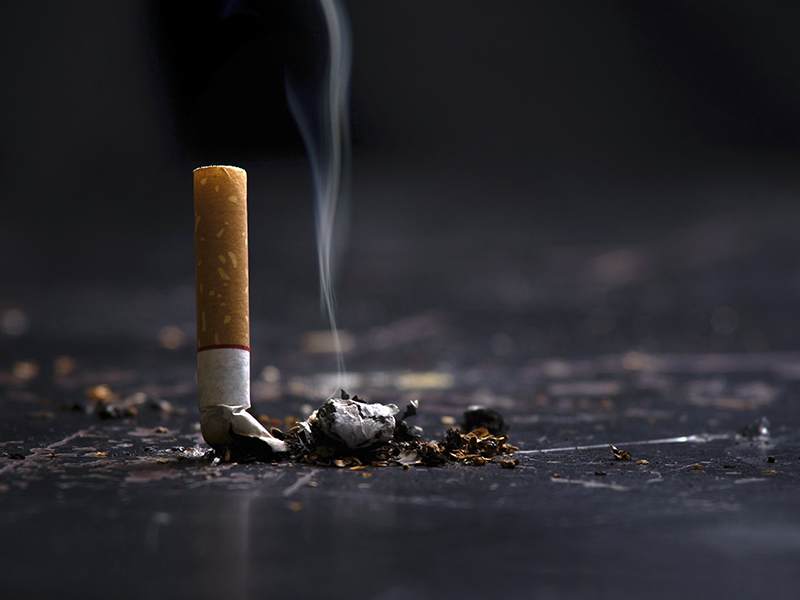
The US government is planning to cut nicotine in all cigarettes sold to minimally or non-addictive levels. The Wall Street Journal has reported the same citing officials acquainted with the move. This comes as a major blow to the tobacco industry.
The move is likely to be announced in the coming week by the US government. However, it won’t likely take effect for several years, because there are a number of obstacles that need to be passed. Firstly, The Food and Drug Administration must need to outline the proposed rule and then invite public comments before publishing a final order. Also, the tobacco companies may take legal recourse and may further delay the policy’s implementation.
What is the US government planning?
The US government had been looking to push ahead with the policy as part of President Biden’s Cancer Moonshot initiative which hopes to reduce deaths from cancer by at least 50 percent over the next 25 years.
This initiative is hailed as the biggest step taken by the government to curb smoking since 1998 when tobacco companies paid more than $200 billion to financially assist the states to pay for healthcare.
What is Nicotine?
Nicotine is an addictive chemical commonly found in cigarettes and other tobacco products. Nicotine has the quality of hooking people on cigarettes. According to the FDA, nicotine itself doesn’t cause cancer, heart disease, or lung disease. Notably, it is other harmful compounds in cigarette smoke that are connected with more than 480,000 deaths in the US each year, according to the Centers for Disease Control and Prevention.
There are various methods to reduce nicotine levels in cigarettes. Manufacturers can adjust the blend of tobacco leaves or use different types of paper or filters.
Nicotine can also be reduced from the leaf during the manufacturing process. One company uses genetic engineering to grow tobacco with 95 percent less nicotine than a typical tobacco plant.
